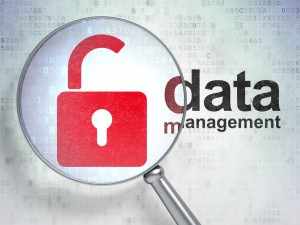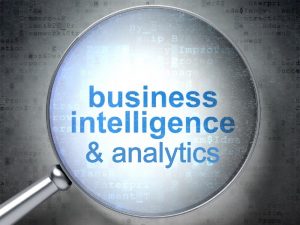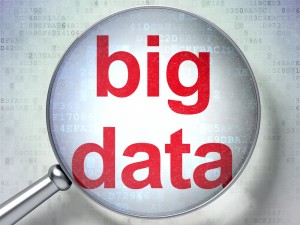
Featured Content

Data Catalogs – Governing & Provisioning Data in a Data Driven Enterprise (16 October 2024, Stockholm)

Data Strategy: Building The Foundation of a Data-Driven Enterprise (13-14 November 2024, Italy Livestream Training)

Data Warehouse Automation & Real-time Data – Reducing Time to Value in a Distributed Analytical Environment

Data Catalogs: Governing & Provisioning Data in a Data Driven Enterprise (12 December 2024, Italy Livestream Training)
Conferences
Analytics for the Enterprise 2019

27-28 June 2019 – Residenza di Ripetta, Rome, Italy
SPEAKERS: Mike Ferguson, Rick van der Lans, Francesco Tisiot, Keith McCormick, Dave Vanhoudt, Jan Veldsink
Description
In many companies today, all business departments are demanding access to trusted data, trusted insights, predictions and recommendations to help them make informed, timely and effective decisions in every-day business.
Data and Analytics are needed to improve marketing, customer service and drive new revenue. They are also needed to improve efficiency, reduce cost, reduce risk, optimise business operations. Improve planning and optimise the supply chain. Analytics is now considered strategic in the boardroom as executives look to transition their companies into modern data driven digital enterprises.
As a result, we are seeing huge growth in self-service Business Intelligence and Data Science tools in departments. There is also a huge demand for new data with companies ingesting machine generated data such as clickstream to understand on-line behaviour and Internet of Things (IoT) data to help optimise business operations. Human generated data is also in demand to understand customer opinion about products and brand, customer preferences and relationships. External open government data is also being ingested.
The promise of Data and Analytics is huge. Expectation is that it will help companies move fast, disrupt markets and drive competitive advantage. However, a number of obstacles are in the way of progress. Many traditional Data Warehouses cannot keep up with change at the pace now demanded by business. Business users are struggling with the complex data landscape of thousands of data sources and multiple data stores both on-premises and in one or more Clouds. Users don’t know what data exists, where it resides, what it means, where it came from and whether or not they can trust it. Yet executive expectation is that self-service BI, Data Science and modern Analytics will provide agility and competitive advantage all in a short turnaround time.
Not surprisingly, the increase in data complexity is driving demand for self-service data preparation tools. But unless companies recognise the need to govern data to produce high quality data assets, everyone doing self-service data preparation will result in ungoverned chaos untrusted data, and analytical models not making it to production.
So how can, companies introduce governance into a complex data landscape? How do you make data and analytical assets easy to find and consume? How can you modernise your Data Architecture and your Data Warehouse to integrate with new data stores, streaming data and new analytical technologies? How can you speed up development of analytical models, and manage their deployment for users to use them in self-service Business Intelligence tools? Also, how can companies use Artificial Intelligence to improve productivity, shorten time to value and become more effective in using Analytics?
In Technology Transfer’s, Enterprise Data and Analytics Conference 2019, we will address these issues. We will look at the best practices, new technologies and architectures needed to succeed in the digital era and how to integrate and leverage AI, business ready data, data marketplaces, Machine Learning and advanced Analytics to deliver competitive advantage.
What you will learn
- Establishing a foundation for trusted data – The role of the Data Lake, Master Data Management, Data Quality and Data Management platform in managing data as an asset
- The Rise of the Information Catalog – Creating an enterprise data marketplace to share business ready data and analytical assets
- Using Artificial Intelligence (AI) to improve productivity and effectiveness in data preparation and Visual Analysis
- Supervised learning – Preparing data and deploying analytical models for classification and prediction
- Accelerating Model Development using Machine Learning Automation
- Deploying Analytics as a service – Integrating self-service BI with predictive Analytics
- Real-time streaming Analytics and algorithmic decision making
- Modernising your Data Warehouse and Data Architecture
- Simplifying self-service data preparation and BI with Data Virtualisation in a Logical Data Warehouse






